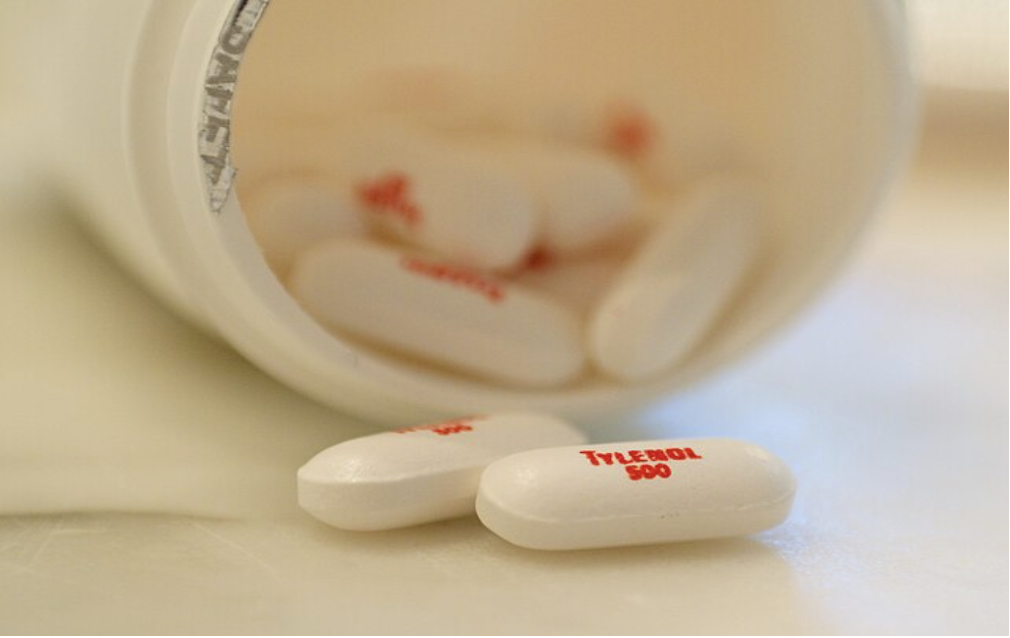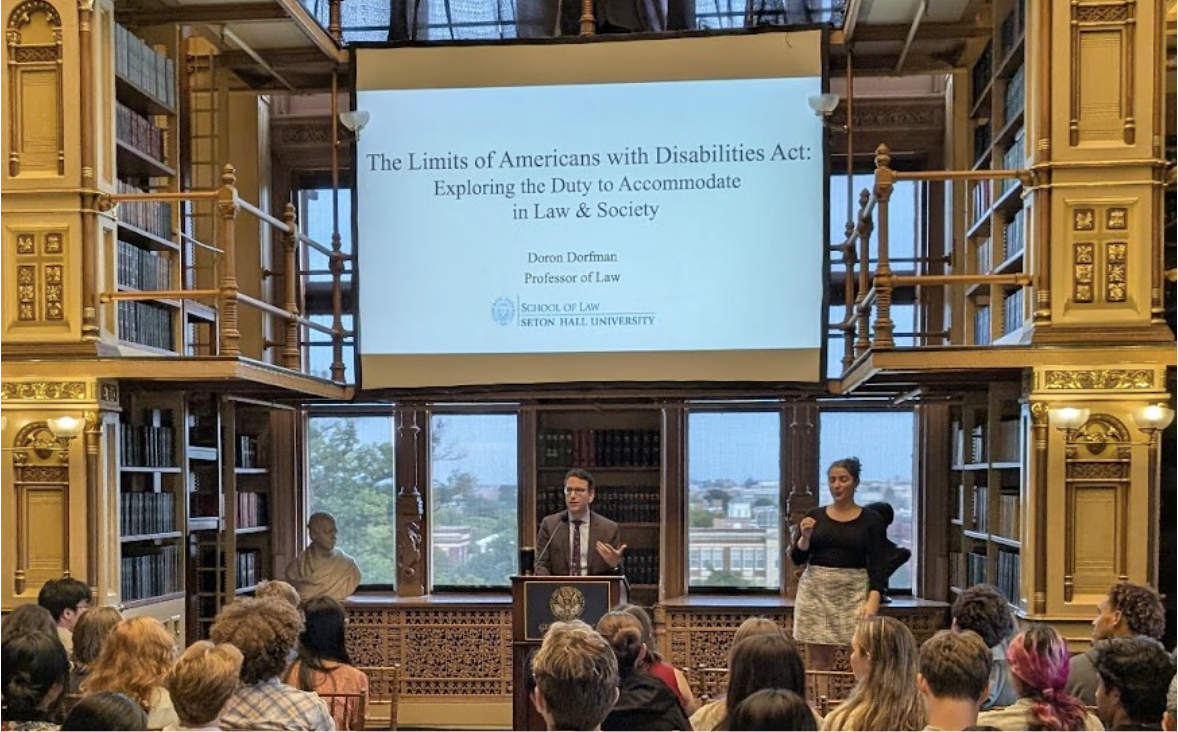The School of Health (SOH) launched several new graduate programs in 2025, including masters’ programs in Global Infectious Disease, Science in Global Health and Science in Addiction Policy & Practice in addition to an executive certificate in Human Factors in Healthcare.
These programs were originally part of the Graduate School of Arts & Sciences and relocated to the SOH, increasing the school’s educational offerings and focusing on the SOH’s mission of advancing people’s health locally and globally.
Dr. Jennifer Bouey, chair of the department of global health at the SOH and a professor in the Science, Technology and International Affairs program at the School of Foreign Service (SFS), said the department of global health was key in the new programs’ establishment.
“These graduate programs are not entirely new to Georgetown — they recently relocated from the Graduate School to the School of Health as part of a university restructuring,” Bouey wrote to The Hoya. “That said, our department has been instrumental in developing and supporting these programs from their inception.”
Although the SOH is only in its third year as a school after splitting from the School of Nursing in 2022, Bouey said its mission of educating experts in global health has been ongoing for decades.
“The foundation for this work began 25 years ago when our department established one of the first international health bachelor’s degree programs (later renamed to Global Health) in the United States,” Bouey wrote.
The Global Health initiative culminated in the establishment of the masters’ program in the Science of Global Health more than 10 years ago.
Professor John Quattrochi, director of the program, said it was inspired by health inequities worldwide, including discrepancies in life expectancy.
“There is a 30-year gap between how long people born in Japan, South Korea or Spain are likely to live compared to people born in Nigeria, South Sudan or Mali,” Quattrochi wrote to The Hoya. “We wanted to marshal the expertise at GU and in DC generally to train the next generation of global health scholars and practitioners who will work to reduce that gap.”
One of the most unique aspects of the master’s program is that students spend 14 weeks in low- and middle-income countries to gain field research experience.
“After a year of rigorous coursework, all of our students spend 14 weeks abroad at a world-class research center,” Quattrochi wrote. “They work with local staff to develop and answer a question relevant to the fight to reduce premature death and disease.”
Regina LaBelle, director of the new Master of Science in Addiction Policy & Practice, was instrumental in the program’s creation, having served in the Obama Administration during the height of the opioid crisis.
“The idea for the Master’s program came about after serving for eight years in the Obama Administration,” LaBelle wrote to The Hoya. “I worked in the White House Office of National Drug Control Policy during the time that overdose deaths driven by opioids reached a crisis point in the US.”
LaBelle said many people die of overdose every year, mostly as a result of illegal fentanyl, an extremely addictive opioid.
“Far too many people — more than 80,000 — die every year from overdose deaths, primarily driven by illicitly manufactured fentanyl,” LaBelle wrote. “These individuals leave behind loved ones and their deaths reverberate in communities across the country.”
Equally damaging are the health effects of alcohol, with the Centers for Disease Control and Prevention (CDC) reporting that 178,000 people die annually from excessive alcohol use.
“While curbing overdose deaths is an urgent public health concern, we must also face the health impact alcohol use disorder has on our country,” LaBelle wrote. “In 2024, one in ten people had an alcohol use disorder according to the National Institute on Drug Abuse.”
LaBelle said this new master’s program offers students perspectives in both science and policymaking to prepare them to combat these challenges.
“The program includes courses in neuroscience and addiction psychiatry, as well as courses in addiction and mental health law, health care financing and data and statistics,” LaBelle wrote. “The seminar course I teach seeks to integrate these various disciplines to help students understand how to drive policy change.”
Bouey said these graduate programs are increasingly relevant in the face of modern challenges, such as the repercussions of the COVID-19 pandemic and new biotechnology risks emerging with artificial intelligence.
“The COVID-19 pandemic has set global development backwards and revealed capacity gaps in global health across all continents — there is no better time to emphasize the importance of global health,” Bouey wrote. “The challenges we face — ensuring accessible healthcare for all, preventing and responding to pandemics and combating misinformation and AI-related biotechnology risks — are present both domestically and internationally.”
Bouey added that the SOH’s graduate programs are dedicated to preparing students to address these issues.
“While we face many challenges, we remain dedicated to enhancing both local and global communities’ capacity to meet these complex health challenges head-on,” Bouey wrote.





